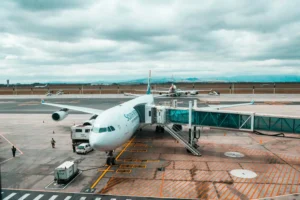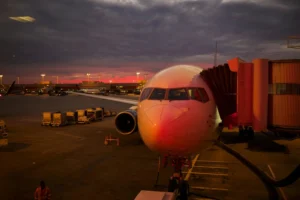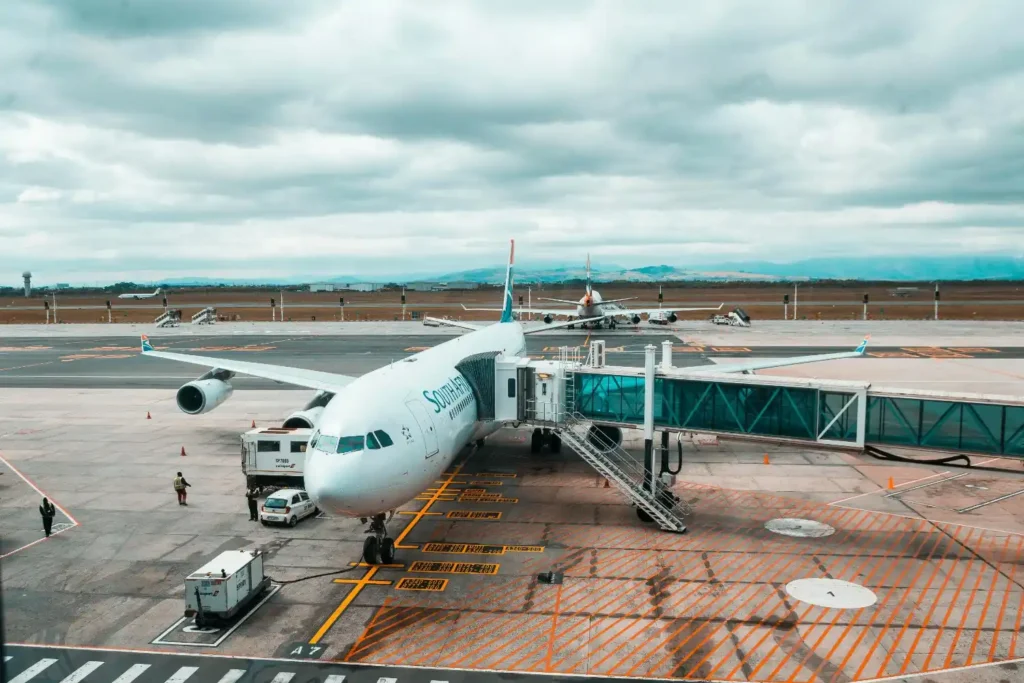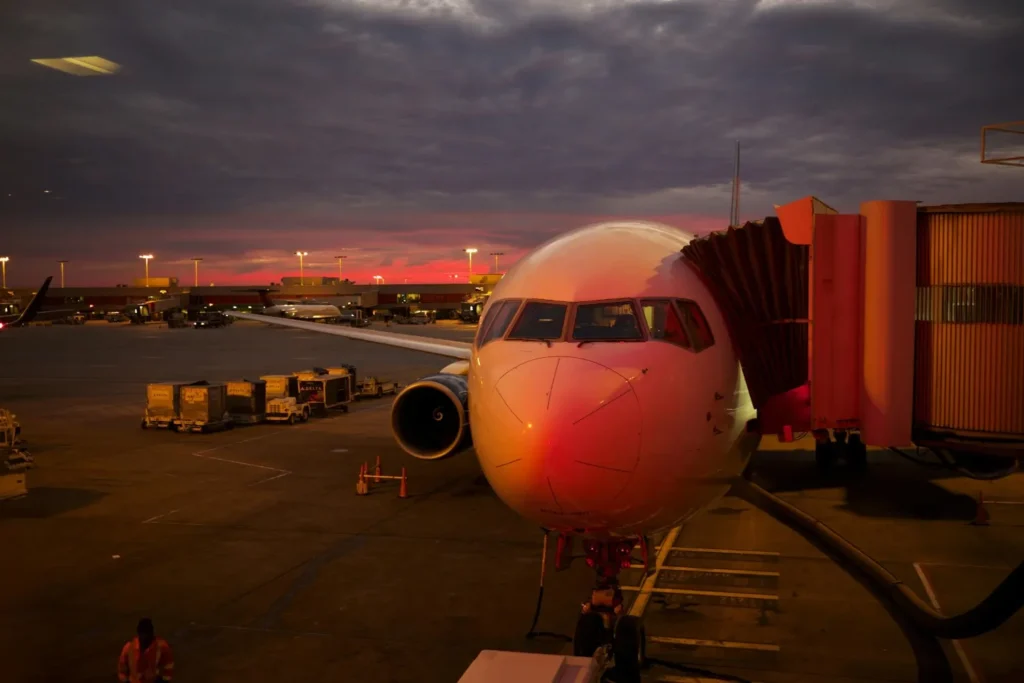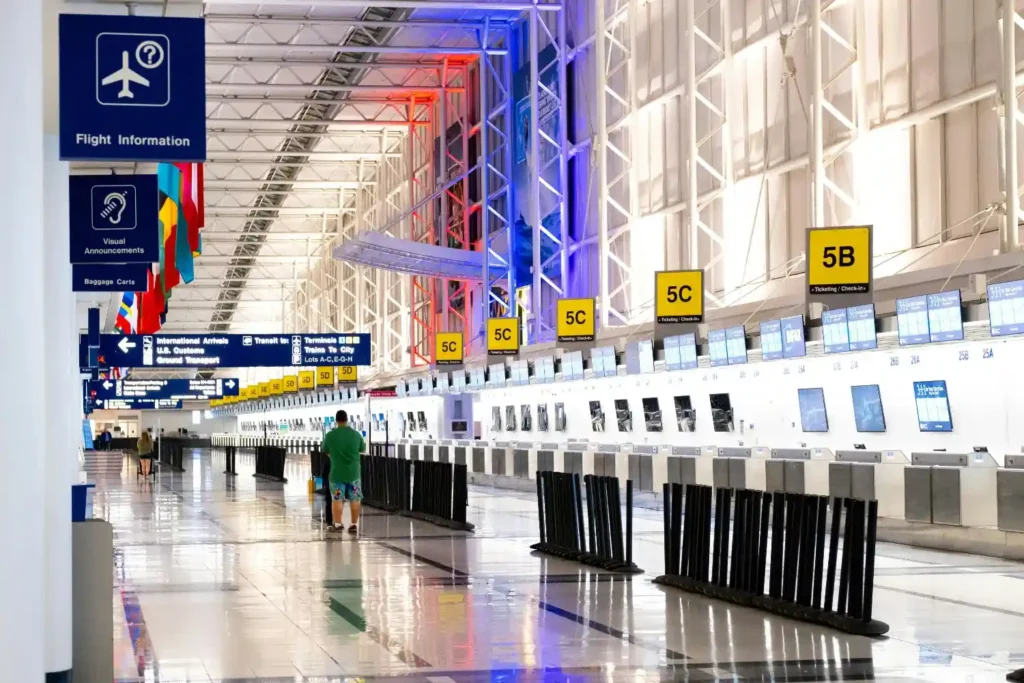The aviation industry in 2025 is undergoing transformative growth, driven by technological innovation, shifting market demands, and evolving global connectivity. For those aiming to build rewarding and future-proof careers, understanding the best aviation jobs in 2025 requires more than just job titles; it’s about knowing what skills, certifications, industry trends, and growth opportunities define each role.
1. Commercial Pilot: More Than Just Flying
Why It’s a Top Job:
Air travel is rebounding post-pandemic, with new airlines and routes opening worldwide. The International Air Transport Association (IATA) forecasts a pilot shortage of over 34,000 by 2030 globally. This creates an immense opportunity for well-trained commercial pilots.
What It Takes:
- Obtain a Commercial Pilot License (CPL) with instrument and multi-engine ratings.
- Logging extensive flight hours through certified flight schools.
- Strong decision-making ability and situational awareness.
Career Progression:
Pilots can move from regional to international airlines, become instructors, or step into airline management positions.
Salary Outlook:
Average starting salary ranges from ₹15-30 lakhs annually, escalating above ₹50 lakhs with experience and seniority.
2. Aircraft Maintenance Engineer (AME): The Backbone of Safety
Role Importance:
With increasingly complex aircraft models using advanced avionics, AMEs are critical for safety and regulatory compliance. Maintenance errors can ground entire fleets and risk lives.
Key Skills Needed:
- Knowledge of mechanical, electrical, and avionics systems.
- Expertise with diagnostic tools and software.
- Certification from approved aviation maintenance training organisations.
Industry Demand:
AME vacancies are growing by 8-10% annually, driven by fleet expansions and new aircraft deliveries.
3. Air Traffic Controller: The Unsung Hero
Why Demand is Growing:
Global passenger numbers hitting over 5 billion annually mean airspace congestion requires adept management. Controllers ensure no collisions or delays happen in ever busier airports.
Required Attributes:
- Exceptional concentration and stress management.
- Quick reflexes and strong communication skills.
- Licensing via national aviation authorities.
Job Security and Salary:
One of the most stable aviation roles, controls earn ₹20-40 lakhs yearly depending on experience and country.
4. Aerospace Engineer: Innovators in Flight
Cutting-Edge Work:
Designing aircraft, satellites, and propulsion systems, aerospace engineers are essential for next-gen transport solutions. They work on sustainable aviation fuels, electric propulsion, and even space travel.
Qualifications:
- Bachelor’s or Master’s degree in aerospace engineering or related fields.
- Strong STEM background and software skills (CAD, simulation).
- Research or internship experience adds an advantage.
Growth Sectors:
Governments and private firms are investing heavily in green aviation technology and commercial space flights.
5. UAV/Drone Operator: The Emerging Frontier
Sector Growth:
Drones are finding uses beyond military and photography: medical deliveries, precision farming, and infrastructure inspection. India alone anticipates a 20% CAGR in drone deployment.
Certification Importance:
Government drone pilot certifications are mandatory for commercial use and operational safety compliance.
Flexibility and Pay:
Entry-level drone operators can earn ₹4-8 lakhs annually, with managers and engineers earning much more as the field matures.
6. Cabin Crew: Customer Care at Altitude
Key Role:
Cabin crew ensures safety, manages emergencies, and delivers top-notch passenger experiences, essential for airline reputation.
- Communication skills and empathy.
- Ability to manage diverse passenger needs.
- Physical fitness and training certifications.
Additional Opportunities:
Seniority can lead to senior cabin crew or training instructor roles.
Do you want to check your Cabin Crew Eligibility? Check the detailed cabin crew eligibility criteria to ensure you meet all requirements for a successful application. Check Your Cabin Crew Eligibility
How to Prepare for These Careers?
- Choose Accredited Institutions: Enrol in reputed aviation academies with certified programs recognised by DGCA, FAA, or EASA.
- Gain Practical Experience: Internships, simulator training, and real-world exposure are invaluable.
- Continuous Learning: Aviation is fast-evolving; regular skill upgrades in technology and regulations keep you competitive.
- Develop Soft Skills: Communication, leadership, teamwork, and stress management are crucial complementary skills.
Impact of Choosing the Best Aviation Institution
Selecting the best aviation institution plays a crucial role in shaping a successful career in the best aviation jobs in 2025. The quality of education, training facilities, industry connections, and certification credibility provided by the institution can significantly impact a student’s readiness, employability, and long-term growth in the aviation sector.
1. Quality Training and Skill Development
Top aviation institutions deliver comprehensive, updated curricula aligned with current industry standards. They cover essential technical skills, regulatory knowledge, and soft skills. Their state-of-the-art simulators and well-equipped labs support hands-on learning. Experienced faculty actively prepare students for roles such as commercial pilots, aircraft maintenance engineers, and aerospace specialists.
2. Certification and Accreditation
Accredited institutions recognised by aviation authorities like DGCA and FAA award globally accepted qualifications. Graduates easily obtain licenses and work permits. This accreditation removes legal or procedural career obstacles, enabling steady career progression.
3. Industry Exposure and Placements
The best aviation institutions build strong industry partnerships. They offer internships, guest lectures, and campus recruitments. These resources boost practical experience and improve chances of securing top aviation jobs immediately after training.
4. Networking and Career Guidance
Institutions with well-established alumni networks provide mentorship and career support. They guide students on emerging aviation opportunities and interview preparation. This helps enable students to target high-growth careers and align goals with industry needs.
5. Long-Term Career Success
Choosing a reputable aviation institution creates a strong foundation for ongoing professional growth. Institutions provide lifelong learning programs, advanced training, and connections to new aviation technologies. This ensures graduates remain relevant and competitive in the best aviation jobs in 2025 and beyond.
